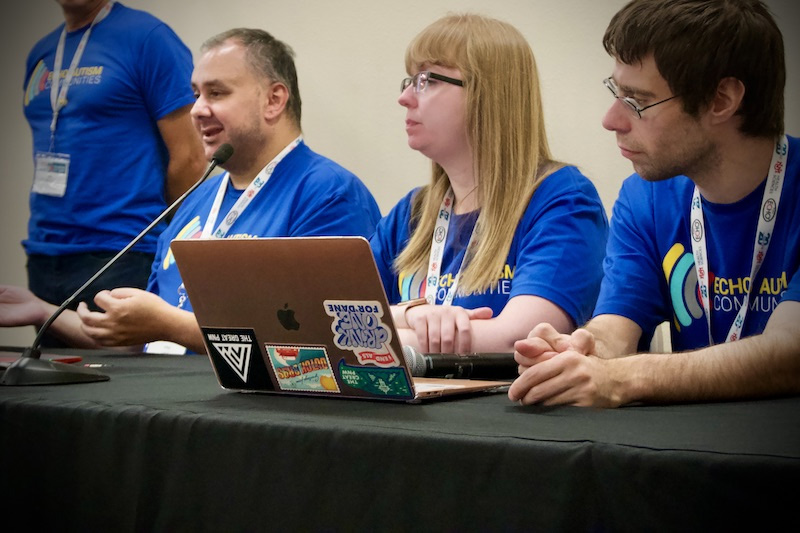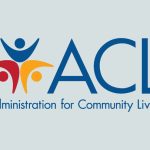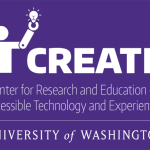Home / Stories /

From the Project ECHO article, ‘”Nothing For Us or About Us, Without Us:” Self-Advocates Add Their Voices to Autism ECHO Programs”
Self-advocates, such as Ben Moore, play a pivotal role in reshaping the landscape of autism care at the WA INCLUDE ECHO Autism Hub at the University of Washington. Actively involved in teaching, advising, and program development, these individuals bring their lived experiences to the forefront, challenging traditional hierarchies within healthcare. Their inclusion as equal experts and educators alongside other providers signifies a paradigm shift towards more inclusive and empathetic care models.
“It is really important to have lived experience at the table.”
Ben Moore, Self-Advocate Faculty for the WA INCLUDE ECHO Autism Hub at the University of Washington
Since 2015, the integration of self-advocate perspectives within ECHO Autism sessions has proven invaluable. Offering nuanced recommendations ranging from medication insights to familial dynamics, these advocates highlight the significance of lived experience in healthcare. Their contributions underscore the “all teach, all learn” approach of the ECHO Model, enriching discussions with personal narratives and dispelling misconceptions about autism, its manifestations, and its impacts on individuals and families.
One of the most significant impacts of self-advocates lies in their efforts to reshape language and discourse surrounding autism within clinical settings. By promoting respectful terminology and rejecting outdated labels like “high-functioning” or “low-functioning,” advocates like Ivanova Smith strive to foster a more inclusive and dignified environment for patients. Through their advocacy, they aim to improve patient-provider interactions and enhance the quality of care for individuals with autism, emphasizing the dynamic and multifaceted nature of their experiences.
Read the full article.


